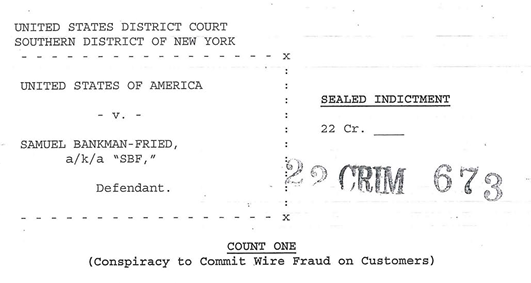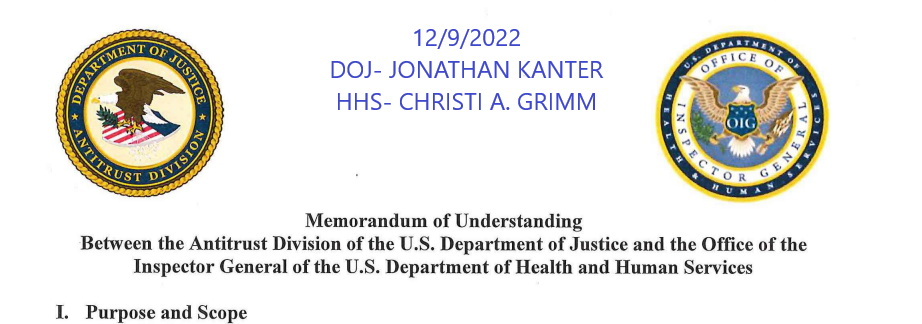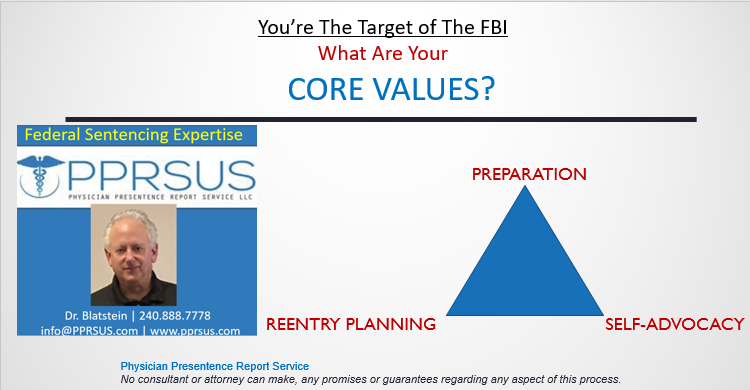In this YouTube, I cover what you can bring when you self-surrender. The optimal time is before noon and then before 4 P.M. In the weeks before, there is additional planning, which I cover below.
1) WHAT HAPPENS WHEN YOU SURRENDER?
- Learn what prison you have been designated to.
- If it’s a Satellite Camp – You Surrender to the Higher Facility or Prison.
- While the Higher Secure Prison may house Violent Persons, you will not (Should Not) be interacting with them.
- You will Interact with the staff, and as they deal with Violent persons (or higher security persons), their attitude toward you may reflect the same harshness.
- …in other words, it won’t be a warm welcome or warm first impression.
- Bring actual or copies of your Driver’s License, Social Security Card, Medical File, prescriptions for your Medications, and Medical Device, if applicable.
- If you owe and Paid your Restitution, bring Proof and contact your attorney ASAP to get that to you. Next, once paid, you can keep any amount of money in your Trust or Commissary account.
- Sending Money: Western Union $3 – $500, MoneyGram is $300 Max, BOP Lockbox is any amount.
- Wedding Band, Religious Neckless; Max value of $100 is permitted.
- Release Plan, Phone Contact list (No Color, Not Double Sided): Bring it saying that you read online that this was important, and I wanted to give it to my Case Manager. You can also mail it to yourself that day [no more than three pages per envelope]).
- The soonest early release is after you’ve served 25% of your time.
- Letters to your PO in the District of your Permanent Legal Residence.
- The 1st Case Manager meeting is within 30 Days.
2) ENSURE A SMOOTHER PROCESS WHEN YOU SURRENDER
-
- Verify with all parties that the receiving facility has received all the required judge’s orders for your arrival before you get there, 18 U.S.C. § 3621(c).
- If you arrive before your commitment orders (no matter how rare that may be), you may find yourself being placed in an Isolation Cell, and now that they have you, they’re not likely to let you go.
- If we have prepared you, you will have books arriving soon, which should take the edge off should they keep you in Isolation longer than several days.
- If you’re ultimately designated to a ‘satellite’ camp, know that you must present yourself to the adjacent, ‘higher’ secure facility – not the satellite camp. If you’re going to a Free Standing Federal Prison Camp (FPC), No Worries, and you will not be facing most of these challenges.
- Also, know that at the higher secure facility, you will likely see prisoners in handcuffs and shackles, guards with long guns, guard towers, etc., so just an FYI.
- Being prepared is essential – as this is not the time for surprises. This is because every client will deal with the emotional aspects of “prison,” each in their own way, especially if it’s their first time.
- Once inside you will be screened and given a change of clothes. The clothes they came with and peripherals will then be boxed and mailed to your ‘legal residence’. You’ll also have to strip, squat, and cough.
- The copies (or originals) of your birth certificate, passport, driver’s license, and social security card will all be kept and returned to you at the time of your release.
- What Not to do while you’re there,
- No Alcohol, Drugs, Gambling, or Sex with Inmates or Staff.
- When you’re first there, keep a low profile until you understand prison better; look for someone like you.
- No chit-chat, casual talking to guards.
- Don’t be an informant.
- Don’t use anyone’s Cell Phone.
- It’s normal to be apprehensive at first.
- Emails and USPS letters are read, and calls are monitored (Never do a 3-WayCall)
- Don’t use someone else’s medications.
- The TV Room is under others’ control – don’t change the channel if others are watching TV.
- Don’t miss counts, find out where the Call-Out Sheet is, and look at it daily for your name.
- Be Respectful to other inmates, their personal space, and staff.
- Be aware that banks and different investment, mortgage, and other loan companies may elect to close your accounts due to your charge(s).
- Be sure to have someone you trust notarized as your Power of Attorney. They could also be your Emergency Contact person with the prison and for your visits.
- Start looking at smaller local banks, possibly in different states, and look to open different accounts.
- To not get financial penalties as some of your investments are being forced to close, here too, look for other places to move your funds to avoid those penalties.
- Case Managers will be looking for Personal Growth and Development in addition to your taking the First Step Act (FSA) Programs. To keep a record your yourself, like insurance – where you don’t need it, until You Do.
- Reading Books (Non-Fiction) for Personal Growth,
- Amazon sells cheap paperback journals with lined pages, but they will also need writing inside – because the BOP may not let in blank pages. These can be inspirational quotes, religious, or anything, but something is necessary.
- Constructive Learning. Whatever you are interested in, Art, History, Famous people, Banking, Real estate, or if you like to paint or draw, then do that.
- Now The Journal. Every day, start a routine for yourself once you get inside. Every day, write what you’ve done,
- 1) you’ve taken an FSA Class [note the day, time, class name and find something that you learned],
- 2) note every conversation that you had with a correction officer (BOP Staff), just in case…
- 3) once you start reading BOOKS (Non-Fiction), again [note the day, time, book, and find something that you learned and may want to implement later].
- 4) As you document your journey, this is also Building your Release Plan
- 5) You’ve been educated to the max as a Ph.D., Doctor, Lawyer, Scientist, etc., so consider teaching a class to inspire those around you.
- Reputation Management. Create a website for yourself before you surrender, and then email home everything you’re doing to rebuild your life. So far, all that is there is your INDICTMENT, and Reputation Management Companies don’t hold in the long run. I’ve paid for it, and it hasn’t held.
- Once you enter the BOP, this is another Planet. Frustration and Disappointment are to be expected and will test you to your core.
- Please don’t vent your frustrations to your unit team and case managers; you will only worsen things for yourself. For you, this period is Temporary, but for the BOP Staff, this is their job; they are here every day and have heard every complaint. Please stay under their radar and don’t get the reputation of a complainer.
- When you first arrive, as soon as you can get to a computer, take your first SPARC 13 Assessment Questions, because without it, you may still be offered Programs to take, you just will not get any credit.
- Verify with all parties that the receiving facility has received all the required judge’s orders for your arrival before you get there, 18 U.S.C. § 3621(c).
3) WHAT YOU CAN BRING: (P5580.08)
-
- Wedding band, Bible, under $100.
- Bring verification if you have had all your Flu and COVID vaccines and boosters.
- Prescriptions for Medical Devices and Medications (2-3 weeks recommended; at worst, they are thrown out); at best, they are available for your use. When surrendering on weekends or holidays, the BOP may allow these to be used if not available from their on-site pharmacy, medical devices, and glasses (that are not made with metal).
- ID: birth certificate, passport, driver’s license, and social security card. Copies or originals: It depends on how long your sentence is, and whether you will remember where and who holds your document originals.
- Cash may or may not be allowed, but you can try: $320 ($370 in November and December). Otherwise, use either Money Gram or Western Union, as the funds will be deposited within hours.
- Legal papers (not your PSR) can include your Medical File and personal contact list. List of personal names (including phone numbers and addresses). Type on the back of a page from your court case, and put it in an envelope labeled ‘Legal’ to take with you when you self-surrender.
- Schedule your list of books you’d like to read to start being sent (2 at a time) 2 days before your arrival, lasting most of your pre-calculated stay.
- Don’t arrive at lunchtime.
- Do present to the higher security facility if you are expecting a satellite camp.
- Speeding is sometimes understood at three mph over the limit when driving to surrender.
- Arrive early.
4) THINGS TO UNDERSTAND AND PREPARE FOR BEFORE YOUR SURRENDER – POSSIBLY LEADING TOWARD EARLY RELEASE
I. Compassionate Release – What is this?
II. RDAP: What is this, and do I Qualify?
III. Your Reentry/Release Plan – Is this Important? What is this?
IV. FSA—How does it work? What is this? In this video, I review how to implement The First Step Act (FSA) successfully.
V. Case Managers, what power do they have on me, and who are they – what do they do?
WHY A RELEASE PLAN?
THIS IS ALL ABOUT PREPARATION; YOU WILL BE GOING HOME ONE DAY
SUCCESS IS A MENTAL PROACTIVE DECISION – THAT DOESN’T HAPPEN OVERNIGHTI’m here to help you Navagate Through What You Going To Encounter – Because I’ve Been Where You Are Now, And Understand Your Fears
VI. Who should you tell the prison to call in case of an Emergency?
VII. What are the BOP policies for phone calls, email, and personal Contacts, and how do you get money for the commissary?
VIII. Do you have a business that will be running while you are in prison? What can and can’t you do?
IX. Understand Your Medical Needs – Is your healthcare available? This is a big deal. Yes, you can get Surgical 2nd Opinions – and there may be a 1-3 year wait to get an appointment. After the medical 2nd opinion consult reaches your medical team, The BOP Is Under No Obligation To Follow It.
-
- Banks, Power of Attorney, and what they have in common.
- You have a court-ordered Financial Penalty, so understand its impact on your life in prison and release date.
XI. Did you know that your Judge wants to learn about you because Crimes Do Not Occur in a Vacuum;
-
- Narrative,
- Allocution,
- Reentry/Release Plan
- Letters That Attest To Your Character
- Are you Prepared?
Call 240.888.7778 for a personal one-on-one call
to discuss your current issue or that of a loved one.-Marc Blatstein
We are not Attorneys; you need Legal Representation.




